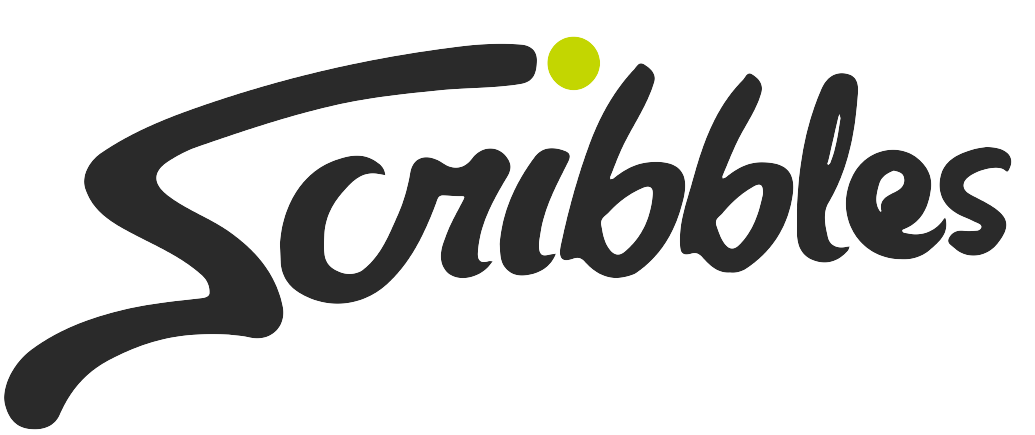Like most children, I was taught to think about what I want to be when I grow up. Everyone will ask me, “What do you want to be?”, and during that time I always answered, “I want to be a lawyer”, or “I want to be a doctor”. When we were younger, the possibilities seemed endless. All the paths were in front of you, the options limitless – I thought then, ‘I could be anything I wanted to be’.
At a crossroads
This was it. By the time I took my college exams, I knew I would have to decide what I wanted to be, and what I wanted and needed to take in order to get there. The decision-making stretched until after I passed the PUPCET which gave me the option of taking the exam without a final decision on the course that I wanted to take. The enrollment day came and the pressure was high, this was my deadline of choosing which path I wanted to take.
I heavily considered two courses: Accountancy and Computer Engineering. I, however, was coaxed into choosing Computer Science by my mother because of familial relations. Choosing Computer Science was a practical choice – made to appease my mom and to have my own peace of mind.
The challenges started when I was asked by the interviewing professor for my reasons in choosing Computer Science. I really wanted to learn how to create a website. Apart from that, I am also interested in Artificial Intelligence. These things seemed to be enough to get me into the course, but I didn’t really know what I was getting myself into.
Sparks in unlikely places
During my four years in college, I started enjoying the theories, concepts, and research. Studying Computer Science enabled me to look at the bigger picture, different perspectives, how a system and process should be, as well as the corresponding paper works – there I found something I was finally passionate about.
Realizing a passion is not without its challenges. Mine was to accept that I was not built for the be-all-end-all of Computer Science. I was good at seeing ‘the bigger picture’; I was competent enough to create detailed explanations and to document processes, but that I cannot translate these into codes. It dawned on me that Programming may not be my forte.
To cut the long story short, I did become a junior programmer. After that, I was accepted for a Business Analyst position. I may have been lost at one point in my life; I may have been pushed to choose a direction that was far from what I wanted for myself, but I really liked where I am now. And I will always be grateful for how it all panned out.
So here’s my take away. If you’re really passionate about something, regardless of what it is, pursue it. I understand the need for practicality; I understand the struggle to keep yourself afloat in order to survive. Your passion will always find a way to seep through you no matter how mundane your bread and butter is. It’s only a matter of balancing both.
You don’t need anyone to tell you what to do. We all have different reasons for choosing one path over the other. The real struggle is not between passion and practicality. It is finding peace within yourself about the choice you have made. If it didn’t work out, don’t ever be afraid to try again. Trust me, it’s worth it.




